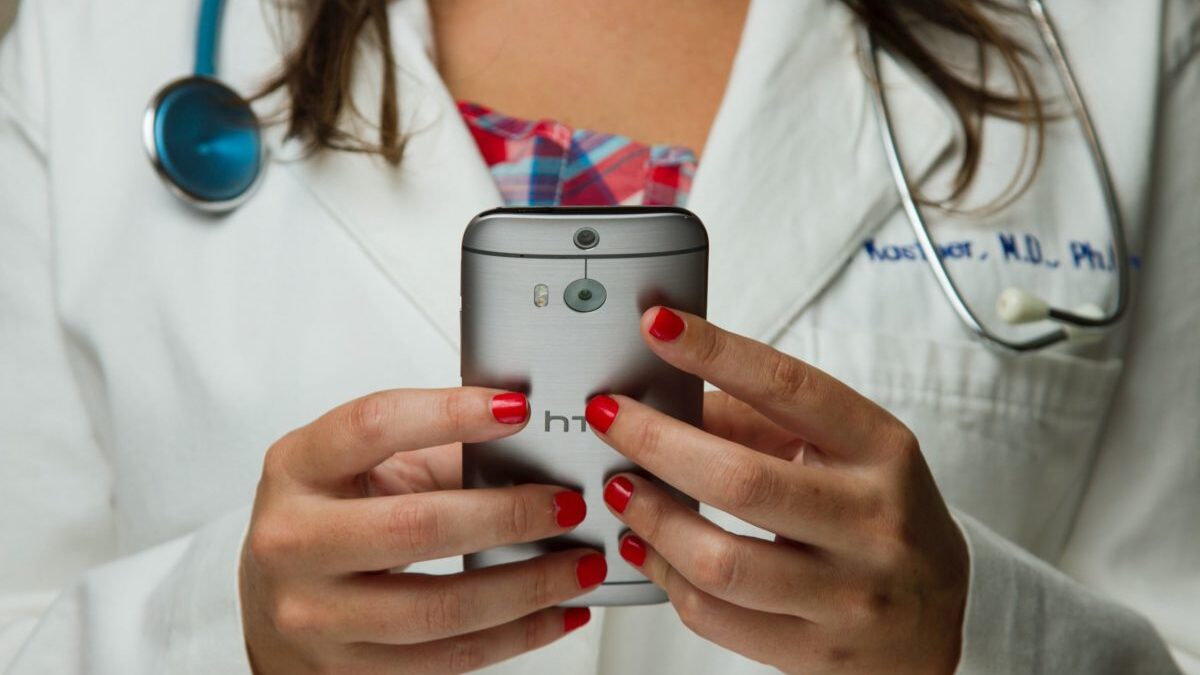Odds are, if you haven’t heard of TikTok – the video-sharing social network platform sweeping the country – then you’re missing out on a major trend of 2020. Used to create short dance, lip-sync, comedy and talent videos, TikTok is full of everyday people using their platform to share opinions and thoughts. Even celebrities have jumped on the bandwagon.
Trendy dances have become the more “iconic” videos of the platform with Gen Z, millennials and even Boomers taking part at showing their moves. These have especially seen an uptick during COVID-19, with a week-on-week 18% increase in downloads since lockdowns began in March. TikTok is also the original source of several viral quarantine trends – dalgona coffee and dance challenges, to name a few. Besides lighthearted dance videos, though, the platform has recently taken a more serious tone as well – displaying support for #BlackLivesMatter and encouraging people to support and advocate for their political positions, religious beliefs and social justice perspectives.
One other theme gaining more and more traction on TikTok is “digital health.” A growing number of doctors and health care providers taking to the popular app to share advice, opinions and answer questions about prevalent topics. Some great examples include gynecologist Dr. Danielle Jones (known on TikTok as @mamadoctorjones) who uses the platform to dispel myths about birth control and the vaping TikTok that went viral last year from @drleslie, who shared an x-ray on the effects vaping has on lungs.
You can’t help but think TikTok will continue to find its place in the wide and vast landscape of available medical advice. What makes it different is that professionals themselves are filming the videos. Popular topics such as COVID-19, mental health, sexual health and more have claimed popularity among doctors’ channels.
The videos are relatively short in nature and sometimes use helpful text bubbles to communicate important information from the health care professional. Not to mention, they are well-received. The skewed younger audience of TikTok really seems to appreciate the simplicity and well-informed nature of these videos. They seem to value the authenticity of the content on TikTok, which comes across more naturally and less overly produced, filtered or heavily scripted vs. what is available elsewhere.
Professionals from various fields have focused their attention on making medical topics more engaging and interesting to learn about across this social app. During the age of COVID-19, when every corner of the health care landscape is having to reinvent and adapt, it will be interesting to see whether videos featuring medical/health advice will continue to flourish, as telehealth and other digital health innovations are implemented and become our “new” normal. Especially for younger generations, who are not prioritizing a primary care “medical home” and turning to other avenues for health care. The way they are seeking medical attention is different, so in turn doctors are changing and adapting to remain relevant and to better reach their younger audiences.
With all this said, the question remains if TikTok will endure as another trusted or oft-turned to source for crucial medical information. However, it is interesting to see health care professionals take advantage of such a popular platform to spread their wealth of knowledge and increase accessibility for younger audiences.
For more insights on communication and brand strategy, industry trends and more, subscribe today to the Weekly Buzz here.
